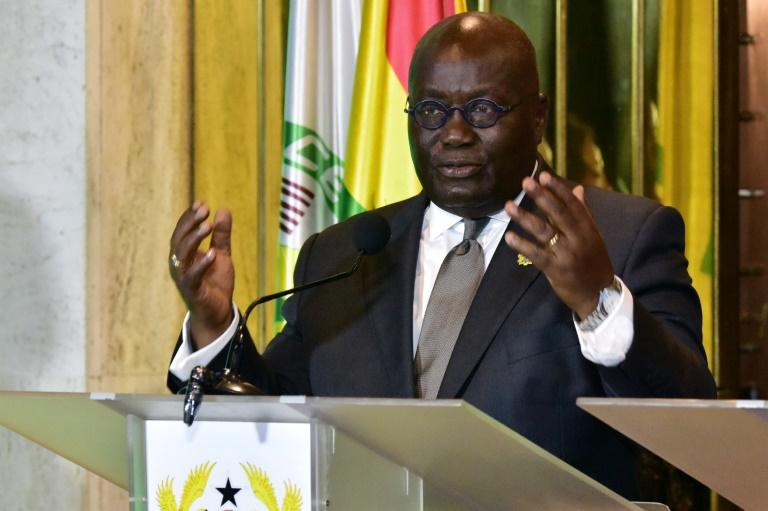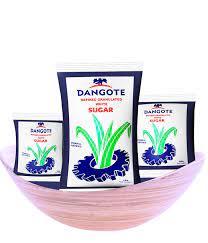According to the recently released inflation report by the Ghana Statistical Services (GSS), headline inflation rose by 192bps to 31.74% y/y in July (June: 29.82% y/y) – the highest print since November 2003 (33.63% y/y). Parsing through the breakdown provided, we highlight a broad-based increase across the food (+158bps to 32.25% y/y) and non-food (+220bps to 31.34% y/y) baskets. The print was 37bps and 84bps higher than Cordros’ (31.37% y/y) and Bloomberg’s median consensus estimate (30.9% y/y), respectively, with the deviation stemming from the food basket. On a month-on-month basis, the consumer prices reversed their two-month downtrend, rising by 3.14% (June: 3.02% m/m) – below the 2022 average (3.41% m/m).
Report by Cordros Research showed that food prices continue to synchronise neatly with the lingering pass through impact of (1) the global shortfall in food supply exacerbated by the Russia-Ukraine conflict, (2) currency pressures and (3) higher transportation fares. Notably, we understand that the prices of imported goods (33.90% y/y vs June: 31.30% y/y) outpaced domestic (30.90% y/y vs June: 29.20% y/y) prices for the fourth consecutive month. Thus, we are unsurprised that the food basket remained pressured, rising to a new record high of 32.25% (June: 30.67% y/y). On a month-on-month basis, food prices increased by 3.28% (June: 2.28% m/m).
Similarly, the non-food inflation rose for the 13th consecutive month, notching higher by 220bps to 31.34% y/y (June: 29.14% y/y). We believe the increment in the non-food basket reflects the lingering impact of currency pressures and higher global energy prices. Notably, the interbank FX rate depreciated by 21.7% y/y in July and 25.2% year-to-date (10th August). Overall, we highlight that pressures were most significant in the prices of transportation (+294bps to 44.59% y/y), furnishings & household equipment (+239bps to 42.03% y/y) and utilities (+467bps to 43.05% y/y). On a month-on-month basis, the non-food inflation rose slowly by 3.03% (June: 3.57% m/m).
We forecast a 2.83% m/m increase in headline inflation in August, with the unfavourable base effects in the prior year translating to a y/y reading of 35.08%.
MPC Could Hike Rate Further at the September Policy Meeting
The Monetary Policy Committee (MPC) of the Bank of Ghana (BOG) has increased the key policy rate cumulatively by 450bps in 2022 – 250bps in March and 200bps in May. However, the Committee kept the key policy rate unchanged at 19.0% at its July policy meeting. The Committee highlighted that it was appropriate at that meeting to pause and observe the impact of the previous policy measures already taken. However, we note that broad macroeconomic conditions have weakened since the last meeting. Notably, we highlight that (1) inflationary pressures remain elevated, (2) currency pressures have persisted and (3) twin deficits have weakened further. Besides, global central banks are expected to maintain their interest rate hiking cycle even as concerns about economic recession remain high.
Consequently, we believe an additional rate hike is needed to mitigate the impact of tighter global financing conditions and anchor inflation expectations back to the BOG’s medium-term target. Accordingly, our baseline expectation is for the Committee to increase the key policy rate by at least 100bps at its next meeting, particularly if the local currency’s weakness persists. The next MPC meeting is scheduled for September 20 – 23, 2022, with the announcement of the policy decision on 26th September.









